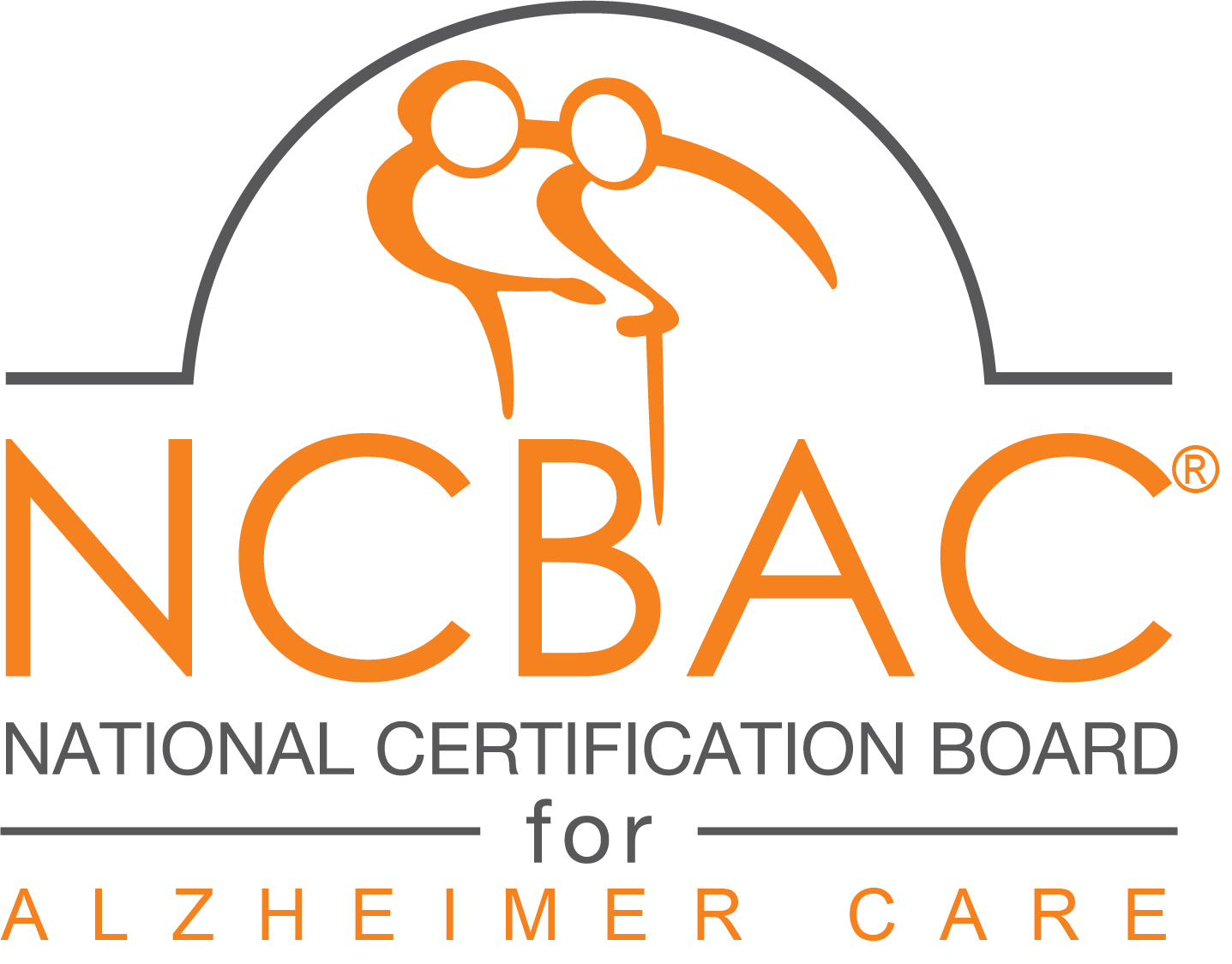Welcome to the August newsletter!
Why Does Language Break Down in Dementia?
We listen to sounds coming out of someone’s mouth and turn it into meaning so often and so easily we hardly ever think about it. But when we visit a foreign country and cannot understand the language, we are reminded of how miraculous our ability to understand speech really is.
Similarly impressive is our ability to express our meaning to another person through uttering sounds. In this article, we will learn how language works, and why it breaks down in aging and dementia.
10 Quick and Easy Dysphagia Diet Recipes (for Swallowing Problems): 5 Ingredients or Less
Are you looking for fast, nutritious dysphagia meals for your older adult? When it comes to dealing swallowing problems, the task can seem challenging – from making just the right consistency of food to actually helping your older adult eat.
In my case, my mother has advanced stages of primary progressive MS as well as brain damage from years of seizures. Feeding her is a trial. She can rarely be fed with a spoon anymore, but reacts better to drinking everything out of bottles.
Communicating With a Person Who Has Dementia Takes Skill, Heart
Communicating with someone who has dementia can be an ever-changing challenge. But some things never change. One of those constants is that caregivers and friends must fully understand and accept that the person with dementia is not a child any sense of the word.
Dementia may have robbed our friends or loved ones of their ability to understand their own environment, follow a sequence of directions or even understand how to use the toilet. These issues do not in any way make these people less than adults and they should never be treated as such.






















































